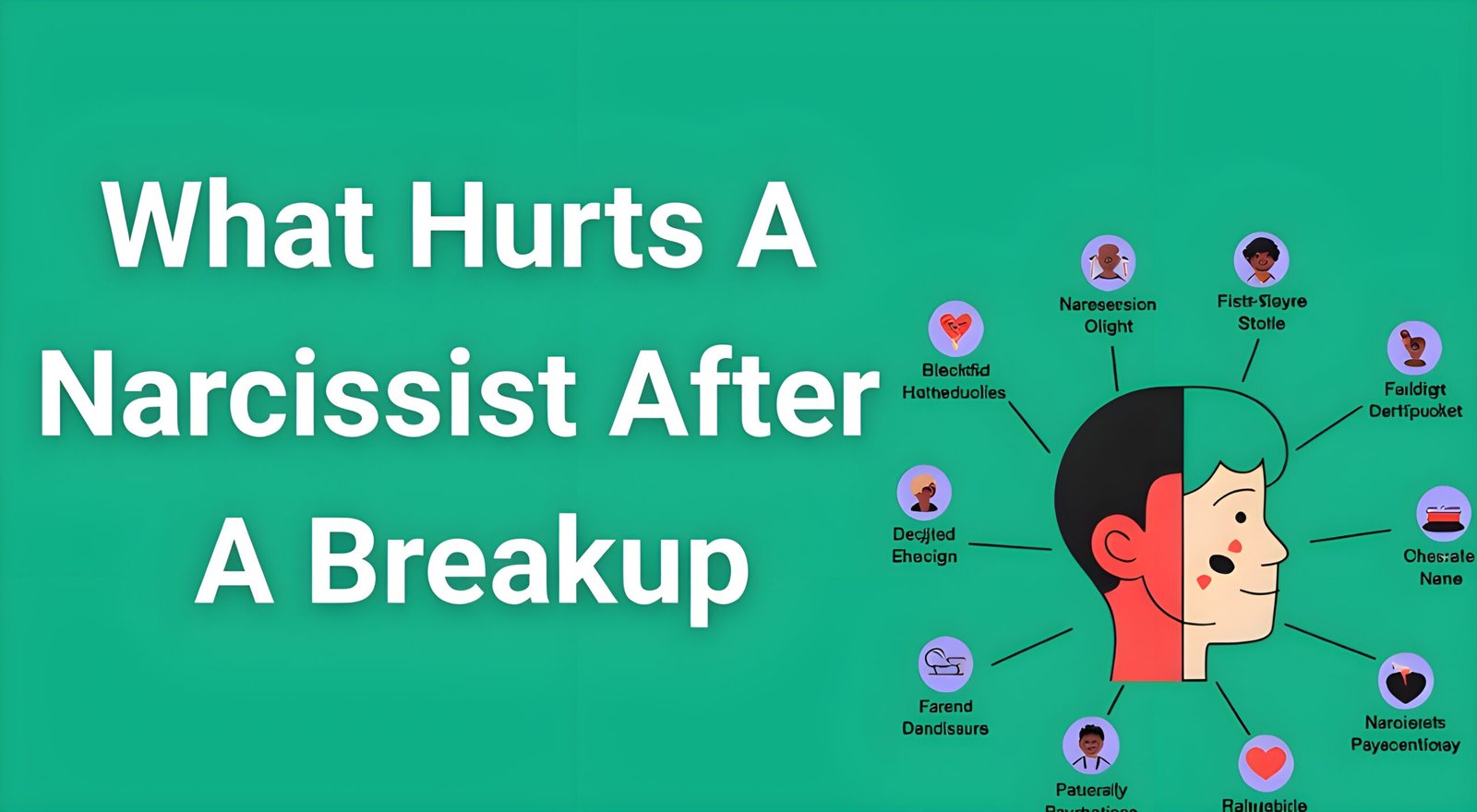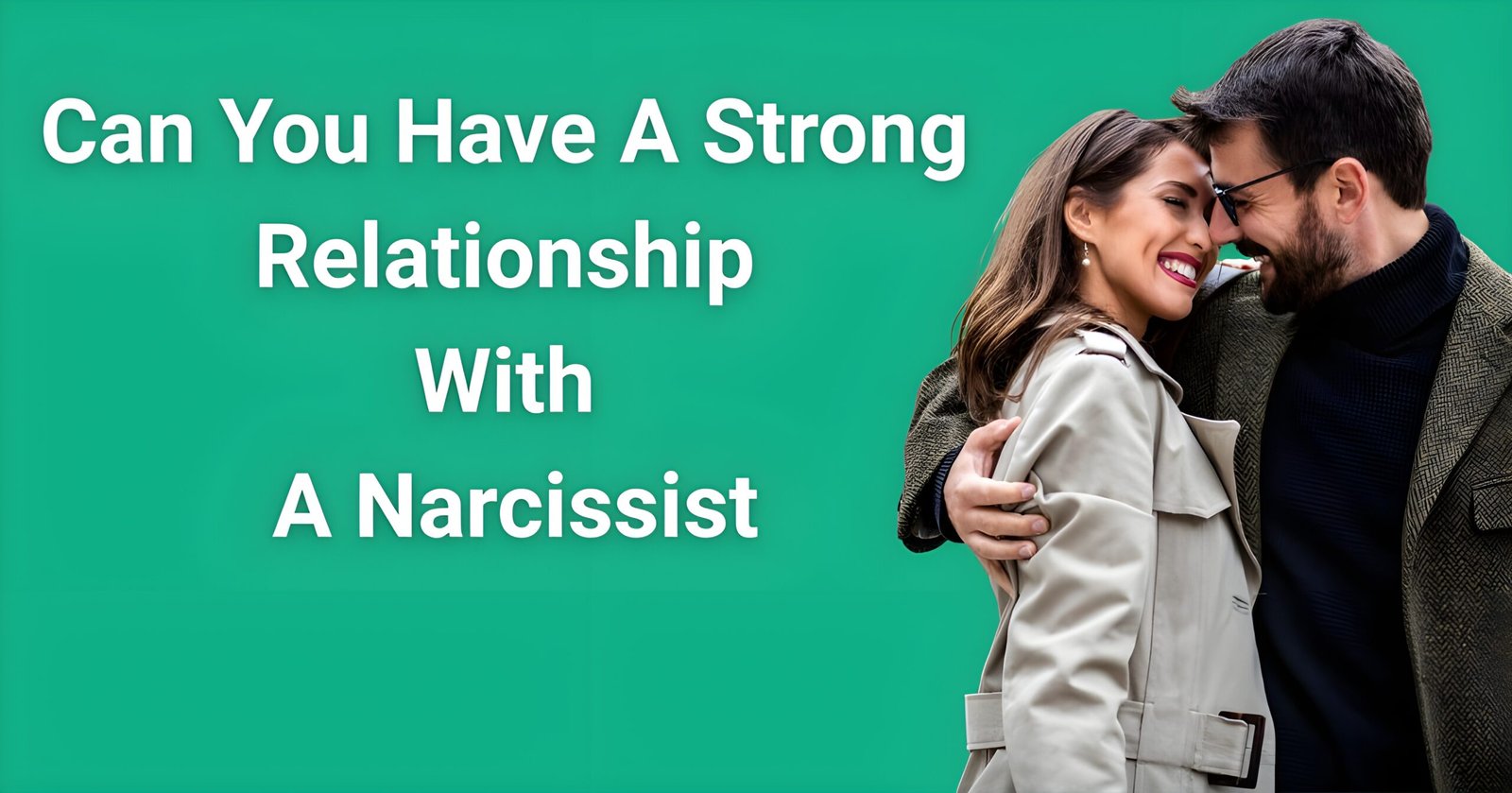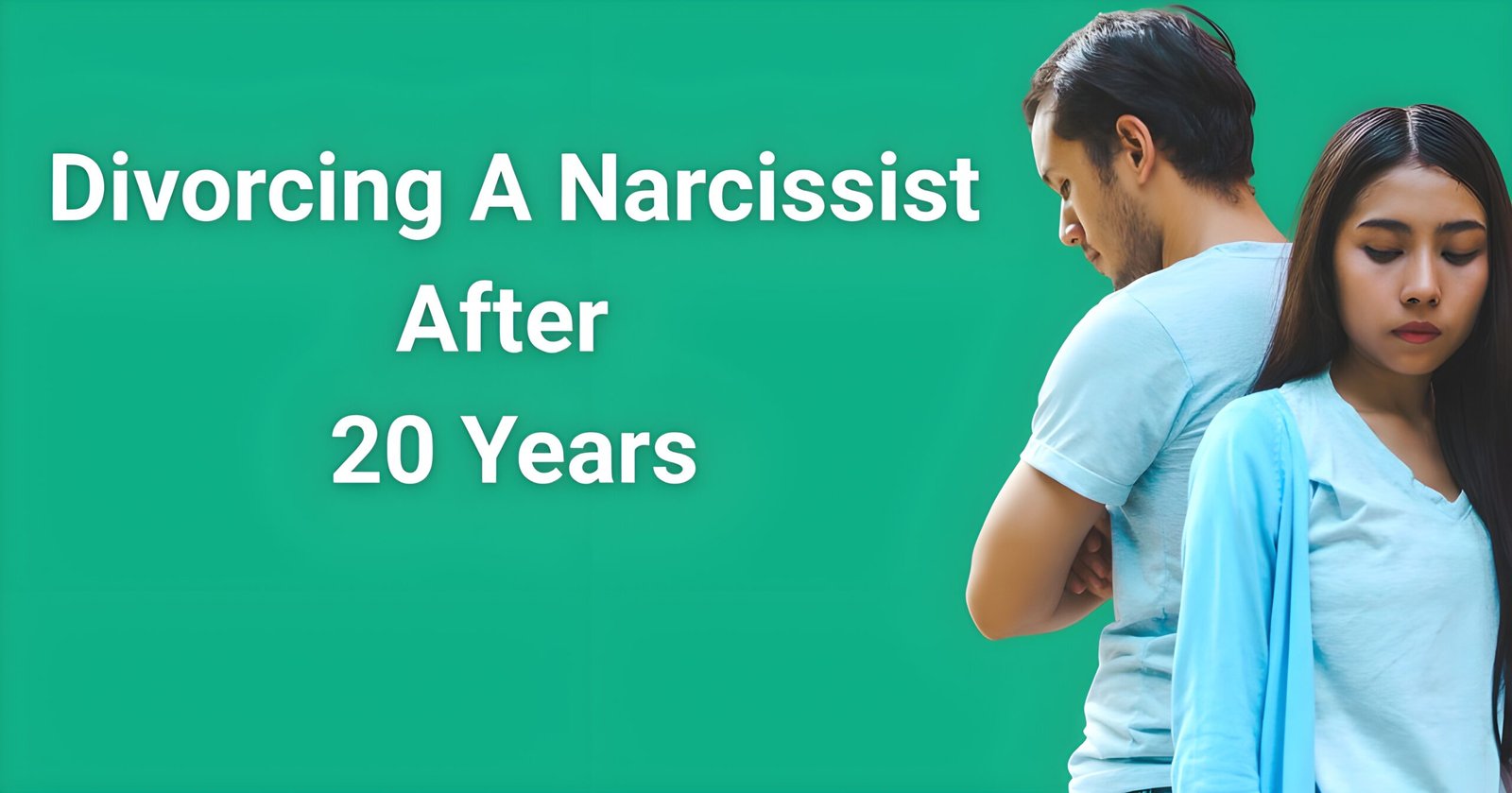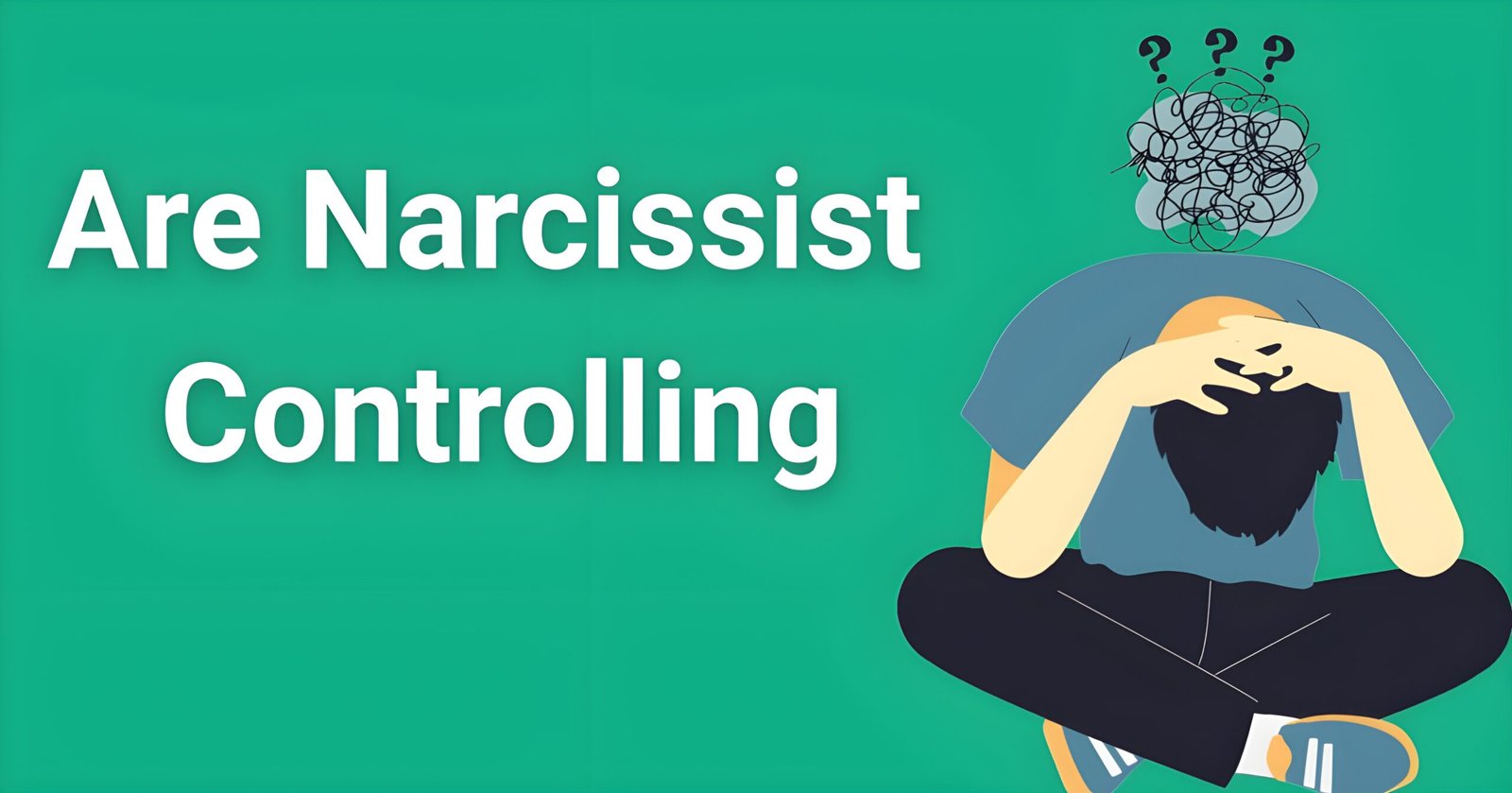Are narcissists jealous? This question haunts countless individuals who’ve experienced the toxic dynamics of narcissistic relationships. As someone who has dedicated seven years to understanding narcissistic abuse patterns, I can definitively tell you: yes, narcissists are profoundly jealous—but not in the way you might expect.
- Understanding Narcissistic Jealousy vs. Normal Jealousy
- Are Narcissists Jealous of You? The Shocking Truth
- Are Narcissists Jealous of Others’ Success?
- Signs a Narcissist is Jealous of You
- Signs a Narcissist is Jealous of You Quiz
- Why Do Narcissists Get Jealous if You Date Someone Else?
- Do Narcissists Get Jealous When You Have a New Relationship?
- Are Narcissists Jealous of Empaths?
- Are Narcissists Jealous of Siblings?
- The Neurological Basis of Narcissistic Jealousy
- How to Deal with Narcissistic Jealousy
- When Narcissistic Jealousy Becomes Dangerous
- Freqently Asked Questions About Narcissistic jealousy
- Conclusion: Understanding the Truth About Narcissistic Jealousy
Narcissistic jealousy isn’t the occasional pang of envy that healthy individuals experience. It’s a consuming, malicious force that drives destructive behaviors and can devastate relationships. Understanding this jealousy is crucial for recognizing manipulation tactics and protecting your emotional well-being.
Understanding Narcissistic Jealousy vs. Normal Jealousy
Before exploring specific manifestations, it’s essential to understand what makes narcissistic jealousy different from healthy emotional responses.
Normal jealousy typically involves:
- Temporary emotional discomfort
- Concern for relationship security
- Ability to communicate feelings constructively
- Recognition of personal insecurities
- Capacity for self-reflection and growth
Narcissistic jealousy, however, is characterized by:
- Malicious envy that seeks to destroy others’ success
- Possessive control over people and situations
- Zero-sum thinking where others’ wins are their losses
- Projection of their own feelings onto others
- Vindictive retaliation against perceived threats
This distinction is crucial because narcissistic envy isn’t about love or protection—it’s about maintaining power and control at any cost.
Are Narcissists Jealous of You? The Shocking Truth
Are narcissists jealous of you? The answer is almost certainly yes, and understanding why can help you make sense of their confusing behavior patterns.
Narcissists target specific individuals for relationships, and jealousy often plays a key role in this selection process. They’re drawn to people who possess qualities they lack or desperately want to possess themselves:
What Triggers Narcissistic Jealousy of You
- Genuine confidence and self-assurance
- Natural empathy and emotional intelligence
- Authentic relationships and social connections
- Professional success and recognition
- Inner peace and emotional stability
- Creative talents and unique abilities
- Financial security or material possessions
- Physical attractiveness or health
- Educational achievements or intellectual capacity
- Family support and healthy relationships
The cruel irony is that narcissists often initially love-bomb you for these exact qualities, only to later resent and attack you for possessing them. This creates the confusing dynamic where they simultaneously need you and hate you for having what they lack.
Are Narcissists Jealous of Others’ Success?
Are narcissists jealous of others’ success? Absolutely, and this jealousy manifests in particularly destructive ways that can sabotage careers, friendships, and family relationships.
How Narcissists React to Others’ Success
Workplace Jealousy: Narcissistic colleagues exhibit competitive jealousy through:
- Sabotaging projects and taking credit for others’ work
- Spreading rumors and undermining reputations
- Blocking opportunities for advancement or recognition
- Micromanaging and setting others up for failure
- Excluding successful individuals from important meetings
Social Circle Jealousy: In friendships and social groups, narcissists display envious behavior by:
- Minimizing achievements through backhanded compliments
- One-upping every story or accomplishment
- Creating drama to redirect attention to themselves
- Triangulating friends against each other
- Ghosting or withdrawing when others receive praise
Family Dynamics: Within families, narcissistic siblings often exhibit lifelong patterns of:
- Competing for parental attention and approval
- Undermining siblings’ relationships and achievements
- Rewriting history to cast themselves as victims
- Manipulating family narratives and events
- Excluding successful siblings from family gatherings
Signs a Narcissist is Jealous of You
Recognizing signs a narcissist is jealous of you is crucial for understanding their behavior and protecting yourself from psychological manipulation.
Behavioral Signs of Narcissistic Jealousy
Excessive Criticism and Nitpicking: When narcissists feel threatened by your success or happiness, they launch campaigns of destructive criticism designed to erode your confidence. This includes:
- Finding fault with everything you do
- Criticizing your appearance, choices, or personality
- Dismissing your achievements as “luck” or “easy”
- Questioning your motives and intentions
- Making you doubt your own perceptions (gaslighting)
Sabotage and Undermining: Covert sabotage is a hallmark of narcissistic jealousy:
- “Forgetting” to relay important information
- Creating obstacles to your goals
- Spreading misinformation about you
- Interfering with your relationships
- Setting you up for failure or embarrassment
Mimicking and Copying: Narcissists often imitate the people they’re jealous of:
- Adopting your interests, style, or mannerisms
- Copying your career choices or goals
- Repeating your stories as their own
- Claiming your ideas and innovations
- Modeling their behavior after yours
Emotional Signs of Jealousy
Mood Swings and Emotional Volatility: When triggered by your success, narcissists display emotional dysregulation:
- Sudden anger or rage over minor issues
- Cold withdrawal and silent treatment
- Dramatic emotional outbursts
- Sulking and passive-aggressive behavior
- Alternating between love-bombing and devaluation
Attention-Seeking Escalation: Competitive attention-seeking intensifies when narcissists feel overshadowed:
- Creating crises or emergencies
- Exaggerating illnesses or problems
- Making dramatic announcements
- Interrupting your important moments
- Demanding immediate focus and care
False Superiority Displays: To combat feelings of inadequacy, narcissists engage in grandiose posturing:
- Boasting about achievements (real or imagined)
- Name-dropping and status signaling
- Belittling others to elevate themselves
- Making unrealistic claims about their abilities
- Displaying arrogance and condescension
Social Signs of Narcissistic Jealousy
Isolation Tactics: Jealous narcissists work to isolate their targets from support systems:
- Speaking negatively about your friends and family
- Creating conflicts between you and others
- Monopolizing your time and attention
- Discouraging outside relationships
- Positioning themselves as your only true ally
Smear Campaigns: When jealousy reaches toxic levels, narcissists launch reputation destruction campaigns:
- Spreading lies and rumors about you
- Sharing private information to embarrass you
- Turning mutual friends against you
- Playing victim while painting you as the aggressor
- Creating false narratives about your character
Triangulation and Drama Creation: Triangulation is a favorite tool of jealous narcissists:
- Involving third parties in your conflicts
- Creating competition between people
- Sharing secrets to create chaos
- Pitting family members against each other
- Using children or mutual friends as messengers
Signs a Narcissist is Jealous of You Quiz
Take this assessment to evaluate whether the narcissist in your life is displaying jealousy toward you:
Rate each statement from 1-5 (1=Never, 2=Rarely, 3=Sometimes, 4=Often, 5=Always):
- They criticize your achievements or minimize your successes
- They copy your style, interests, or life choices
- They become cold or distant when good things happen to you
- They try to sabotage your goals or relationships
- They make negative comments about people who praise you
- They compete with you in conversations or social situations
- They spread rumors or share your private information
- They create drama during your important moments
- They try to isolate you from friends and family
- They become angry when you receive attention or recognition
Scoring:
- 10-25: Low jealousy indicators
- 26-40: Moderate jealousy patterns present
- 41-50: High levels of narcissistic jealousy
High scores indicate significant jealousy patterns that may require professional support or relationship evaluation.
Why Do Narcissists Get Jealous if You Date Someone Else?
Why do narcissists get jealous if you date someone else? This question reveals the possessive nature of narcissistic relationships and their inability to view others as independent individuals.
The Psychology Behind Ex-Partner Jealousy
Ownership Mentality: Narcissists view former partners as possessions rather than autonomous individuals:
- They believe they have permanent rights to your attention
- Your new relationship threatens their sense of control
- They can’t accept that you’ve moved on without their permission
- They see your new partner as competition for “their” property
- They feel entitled to sabotage your happiness
Narcissistic Supply Disruption: When you date someone new, you’re no longer providing narcissistic supply:
- Your emotional energy goes to your new partner
- You’re no longer available for their manipulation
- They lose their source of validation and control
- Your happiness without them challenges their self-image
- They can’t accept that you don’t need them
Ego Injury and Perceived Rejection: Your new relationship represents a narcissistic injury:
- It proves you can be happy without them
- It suggests they weren’t as special as they believed
- It challenges their narrative of being irresistible
- It forces them to confront their own inadequacy
- It threatens their grandiose self-perception
Do Narcissists Get Jealous When You Have a New Relationship?
Do narcissists get jealous when you have a new relationship? Yes, and their reactions can range from manipulative to downright dangerous.
Common Reactions to Your New Relationship
Hoovering and Love-Bombing: Desperate to regain control, narcissists often engage in hoovering attempts:
- Sudden declarations of love and change
- Promises to enter therapy or fix their behavior
- Gifts, romantic gestures, and grand proclamations
- Reminders of your “special” connection
- Playing on your empathy and compassion
Smear Campaigns Against Your New Partner: Vindictive jealousy often targets your new relationship:
- Spreading lies about your new partner’s character
- Sharing private information to embarrass you both
- Creating fake social media accounts to stalk and harass
- Contacting your new partner directly to manipulate them
- Using mutual friends to gather information
Escalation and Retaliation: Some narcissists respond with vengeful behavior:
- Legal harassment through false accusations
- Workplace sabotage or reputation destruction
- Financial manipulation or abuse
- Using children as weapons (in co-parenting situations)
- Threats or intimidation tactics
Protecting Yourself and Your New Relationship
Establish Strong Boundaries:
- Implement no contact or gray rock communication
- Block them on all social media platforms
- Document any harassment or threatening behavior
- Inform your new partner about the situation
- Alert mutual friends and family about potential manipulation
Security Measures:
- Change passwords on all accounts
- Vary your routines and locations
- Install security systems if necessary
- Save all threatening communications
- Consider involving law enforcement if behavior escalates
Are Narcissists Jealous of Empaths?
Are narcissists jealous of empaths? This is a complex dynamic that explains why narcissists are both attracted to and resentful of highly empathetic individuals.
Why Narcissists Target Empaths
Emotional Supply Source: Empaths provide abundant narcissistic supply through:
- Deep emotional responses to manipulation
- Constant care and attention when the narcissist is “hurt”
- Validation through empathetic understanding
- Forgiveness and second chances despite abuse
- Emotional energy that narcissists consume
Qualities They Lack: Narcissists are envious of empathic abilities they cannot genuinely possess:
- Authentic emotional connection with others
- Genuine care for others’ wellbeing
- Emotional intelligence and social awareness
- Inner peace and self-acceptance
- Meaningful relationships based on mutual respect
The Love-Hate Dynamic
Initial Attraction: Narcissists are drawn to empaths because they:
- Provide easy emotional supply and validation
- Don’t recognize manipulation tactics initially
- Give benefit of the doubt and make excuses
- Offer unconditional support and understanding
- Possess qualities the narcissist wishes they had
Growing Resentment: Over time, resentful jealousy develops because:
- Empaths receive love and respect the narcissist craves
- Their genuine nature highlights the narcissist’s fakeness
- They maintain relationships the narcissist can’t sustain
- Their happiness doesn’t depend on the narcissist’s approval
- They possess inner strength and authenticity
Breaking Free from the Empath-Narcissist Cycle
Recognition and Awareness:
- Understand that their jealousy isn’t your responsibility
- Recognize emotional manipulation tactics
- Stop making excuses for their behavior
- Trust your instincts about their intentions
- Seek support from trauma-informed professionals
Self-Protection Strategies:
- Develop strong personal boundaries
- Practice emotional detachment techniques
- Build relationships with other emotionally healthy people
- Focus on your own healing and growth
- Limit or eliminate contact when possible
Are Narcissists Jealous of Siblings?
Are narcissists jealous of siblings? Family dynamics often reveal the most intense and long-lasting patterns of narcissistic jealousy, creating lifelong trauma and conflict.
Sibling Rivalry vs. Narcissistic Jealousy
Normal Sibling Competition: Healthy siblings may experience:
- Temporary jealousy over parental attention
- Competition in sports, academics, or achievements
- Occasional resentment that resolves over time
- Ability to celebrate each other’s successes
- Development of individual identities and interests
Narcissistic Sibling Jealousy: Pathological sibling rivalry involves:
- Lifelong resentment and competition
- Inability to celebrate siblings’ achievements
- Constant attempts to undermine and sabotage
- Manipulation of family dynamics and narratives
- Persistent victim mentality and blame-shifting
Family Dynamics and Narcissistic Jealousy
Golden Child vs. Scapegoat Dynamics: In families with narcissistic parents, siblings often experience:
- One child designated as the “golden child” who can do no wrong
- Another child becomes the “scapegoat” blamed for family problems
- Constant comparison and triangulation between siblings
- Conditional love based on achievement and compliance
- Emotional neglect and inconsistent parenting
Long-Term Impact on Sibling Relationships: Narcissistic family dynamics create lasting damage:
- Siblings struggle to form authentic relationships with each other
- Competition continues into adulthood through careers and relationships
- Family gatherings become sources of stress and manipulation
- Grandchildren may be used as pawns in ongoing conflicts
- Healing requires individual therapy and often family estrangement
Healing from Narcissistic Sibling Relationships
Setting Boundaries:
- Limit contact during family events
- Refuse to engage in comparison or competition
- Don’t share personal information that can be weaponized
- Protect your children from manipulation
- Choose your battles carefully
Family System Understanding:
- Recognize the role of enabling parents in perpetuating dynamics
- Understand that change must come from within each individual
- Accept that some relationships may never heal
- Focus on building healthy relationships outside the family
- Seek therapy to process childhood trauma and current challenges
The Neurological Basis of Narcissistic Jealousy
Understanding the brain science behind narcissistic jealousy helps explain why their reactions are so intense and difficult to change.
Brain Structure and Function
Prefrontal Cortex Deficits: Research shows narcissists have reduced activity in areas responsible for:
- Empathy and emotional regulation
- Self-awareness and introspection
- Impulse control and decision-making
- Perspective-taking and social cognition
- Emotional integration and processing
Amygdala Hyperactivity: The brain’s alarm system is overactive in narcissists, leading to:
- Threat perception in neutral situations
- Fight-or-flight responses to minor slights
- Emotional hijacking during perceived attacks
- Memory formation biased toward negative experiences
- Hypervigilance for signs of rejection or criticism
The Jealousy Response Circuit
When narcissists experience jealousy, their brains show:
- Increased activity in pain processing centers
- Reduced activity in areas responsible for emotional regulation
- Heightened stress hormone production
- Impaired rational thinking and decision-making
- Enhanced memory for perceived slights and injustices
This neurological profile explains why narcissistic jealousy feels so intense to them and why they struggle to manage these emotions constructively.
How to Deal with Narcissistic Jealousy
Protecting yourself from the destructive effects of narcissistic jealousy requires specific strategies and strong boundaries.
Immediate Protection Strategies
Gray Rock Method:
- Become as uninteresting as possible in interactions
- Give minimal emotional responses to their provocations
- Share no personal information or achievements
- Avoid topics that trigger their competitive instincts
- Maintain neutral, businesslike communication when necessary
Documentation and Evidence:
- Keep records of jealous behavior and incidents
- Save threatening messages or communications
- Document patterns of sabotage or manipulation
- Maintain evidence of their impact on your life
- Share information with trusted friends or professionals
Support System Strengthening:
- Build relationships outside their influence
- Seek therapy with trauma-informed professionals
- Join support groups for narcissistic abuse survivors
- Educate trusted friends and family about the dynamics
- Create safe spaces where you can be authentic
Long-Term Recovery Strategies
Boundary Development: Learn to establish and maintain healthy boundaries:
- Say “no” without explanation or justification
- Limit personal information sharing
- Refuse to engage in their drama or competitions
- Protect your time and emotional energy
- Prioritize your own needs and goals
Self-Worth Rebuilding: Recover from the damage of narcissistic abuse:
- Challenge negative self-talk and limiting beliefs
- Celebrate your achievements without their approval
- Develop independence and self-reliance
- Practice self-compassion and kindness
- Focus on your own growth and healing
Relationship Reevaluation: Consider the long-term impact of maintaining the relationship:
- Assess whether change is possible or likely
- Evaluate the cost to your mental health and wellbeing
- Consider the impact on other relationships
- Explore options for reduced or no contact
- Prioritize relationships that support your growth
When Narcissistic Jealousy Becomes Dangerous
It’s crucial to recognize when jealous behavior escalates to dangerous levels that require immediate intervention.
Warning Signs of Escalation
Stalking and Surveillance:
- Following you or monitoring your activities
- Showing up uninvited at your home or workplace
- Creating fake accounts to monitor your social media
- Enlisting others to spy on you or gather information
- Installing tracking devices or surveillance equipment
Threats and Intimidation:
- Direct or implied threats of harm to you or loved ones
- Threats to destroy your reputation or career
- Financial threats or actual financial abuse
- Threats involving children or custody issues
- Escalating anger and verbal aggression
Physical Aggression:
- Any form of physical violence or intimidation
- Destroying your property or belongings
- Blocking your exit or preventing you from leaving
- Physical proximity that feels threatening
- Weapons or threats involving weapons
Safety Planning
If narcissistic jealousy escalates to dangerous levels:
Immediate Safety:
- Contact local law enforcement if threatened
- Reach out to domestic violence hotlines for support
- Create a safety plan with trusted friends or family
- Consider temporary relocation if necessary
- Document all threats and concerning behavior
Legal Protection:
- Consult with attorneys about restraining orders
- Report stalking or harassment to authorities
- Save all evidence of threatening behavior
- Consider workplace security measures
- Inform relevant parties about the situation
Freqently Asked Questions About Narcissistic jealousy
Yes, envy is a core characteristic of narcissists and is listed in the DSM-5 diagnostic criteria as “often envious of others or believes that others are envious of him or her.” However, research shows vulnerable narcissists experience more intense envy than grandiose narcissists. Vulnerable narcissists have low self-esteem and feel threatened by others’ success, while grandiose narcissists may feel less envy because they truly believe in their superiority.
Narcissistic jealousy stems from their fragile ego and deep insecurity. They constantly compare themselves to others and feel threatened when someone has something they want—whether it’s success, relationships, or admiration. Their pathological envy differs from normal jealousy because it’s chronic, malicious, and drives destructive behavior aimed at undermining or destroying what they envy rather than self-improvement.
Yes, narcissists strategically induce jealousy in romantic partners. Research shows grandiose narcissists use jealousy induction as a planned tactic to gain power, control, and test relationship strength. Vulnerable narcissists also make partners jealous but are driven more by insecurity, revenge motives, and emotional reactivity rather than calculated strategy. Both types use jealousy as a manipulation tool.
Narcissists envy success, achievements, relationships, natural talents, happiness, confidence, financial stability, social connections, physical appearance, and attention from others. They particularly target those who threaten their sense of superiority—successful family members, partners, colleagues, or anyone who receives admiration they believe belongs to them. Even simple contentment or peace in others can trigger their envy.
Narcissists typically project their envy onto others, claiming the envied person is actually jealous of them. They engage in sabotage, criticism, manipulation, and attempts to undermine those they envy. Instead of using envy for self-improvement like healthy people do, narcissists seek to destroy or diminish what they envy. They may also try to cultivate relationships with envied individuals to incorporate or control their success.
Conclusion: Understanding the Truth About Narcissistic Jealousy
Are narcissists jealous? The answer is unequivocally yes, but understanding the nature of their jealousy is crucial for protecting yourself and healing from their abuse.
Narcissistic jealousy isn’t about love, protection, or normal human emotion—it’s about control, power, and maintaining their false self-image at any cost. Their jealousy of your success, relationships, happiness, and authentic qualities reveals their own deep insecurities and inability to form genuine connections.
Whether you’re dealing with a jealous narcissistic partner, competitive coworker, or envious family member, remember that their jealousy is not your responsibility to manage or fix. Their inability to celebrate your success, support your happiness, or respect your autonomy speaks to their character deficits, not your worth.
Recovery from narcissistic abuse requires understanding that you deserve relationships built on mutual respect, genuine support, and authentic celebration of each other’s achievements. You have the right to pursue your goals, maintain healthy relationships, and experience happiness without someone else’s jealous interference.
Your healing journey begins with recognizing these patterns, setting strong boundaries, and prioritizing your own wellbeing. Remember: you cannot change a narcissist’s jealous nature, but you can protect yourself from its destructive effects and build a life filled with people who genuinely celebrate your success and happiness.
Trust your instincts, seek support when needed, and never forget that their jealousy is a reflection of their limitations, not yours. You deserve to shine without someone else trying to dim your light.






